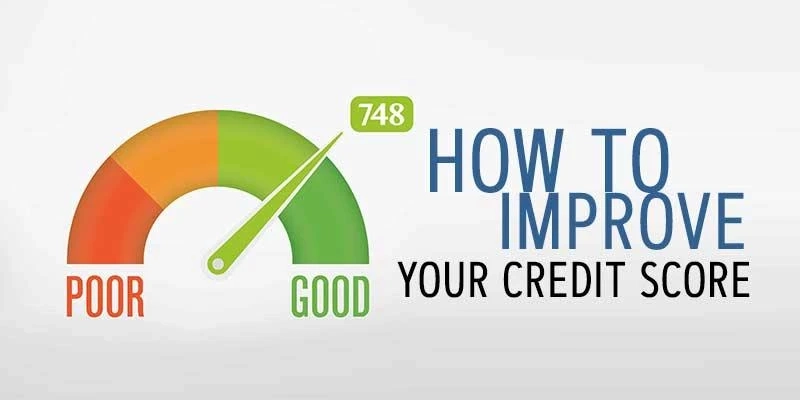Your credit score is a crucial aspect of your financial health, influencing everything from loan approvals to interest rates on credit cards. If you find yourself with a less-than-stellar credit score, don't fret. There are actionable steps you can take to improve your credit score quickly. In this guide, we'll explore strategies that can help you how to improve your credit score quickly and pave the way to financial stability.
1. Check Your Credit Report
The first step in improving your credit score is to know where you stand. Obtain a copy of your credit report from each of the major credit bureaus - Equifax, Experian, and TransUnion. Review your reports for any errors or inaccuracies, such as late payments or accounts that don't belong to you. Dispute any discrepancies you find to ensure that your credit report accurately reflects your financial history.
2. Pay Your Bills on Time
Consistently paying your bills on time is one of the most effective ways to improve your credit score. Payment history is a significant factor in your credit score calculation, and even a single late payment can have a negative impact. Set up automatic payments or reminders to ensure you never miss a due date.
3. Reduce Credit Card Balances
Credit utilization, or the ratio of your credit card balances to your credit limits, plays a crucial role in your credit score. Aim to keep your credit card balances below 30% of your credit limit. If possible, pay down high-interest credit card debt as quickly as you can. This can have a rapid positive effect on your credit score.
4. Negotiate with Creditors
If you're struggling to make payments, consider negotiating with your creditors. They may be willing to work with you to create a more manageable repayment plan or even reduce the total amount owed. Communicate openly about your financial situation and explore options that can prevent further damage to your credit.
5. Open a Secured Credit Card
If your credit history makes it difficult to qualify for a traditional credit card, consider opening a secured credit card. These cards are backed by a cash deposit, which serves as your credit limit. Responsible use of a secured credit card can demonstrate your ability to manage credit and positively impact your credit score over time.
Conclusion
Improving your credit score is a gradual process that requires commitment and discipline. By following these strategies and making responsible financial choices, you can see positive changes in your credit score over time. Remember, there are no quick fixes, and patience is key. Start implementing these steps today, and watch your credit score climb, opening doors to better financial opportunities in the future.



